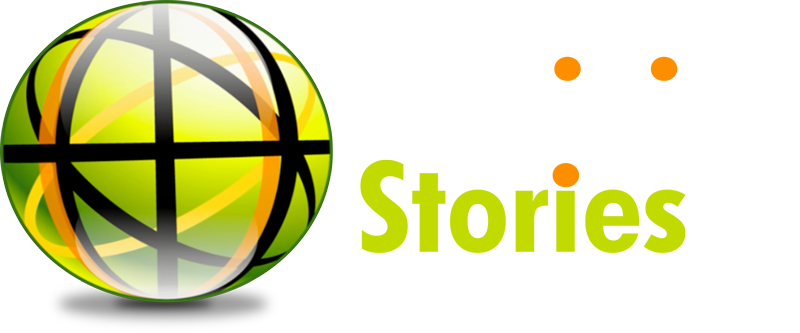Research, Creativity, Development, and Production
This Workshop begins with the premise that text-based literacy and digital literacy are of equal value. In traditional text-based literacy, you, the educator, know the rules and you teach those rules to your students…whether you are teaching science, math, history, or literature. Text-based literacy is powered by rules of syntax and grammar, word choices and punctuation. Digital Literacy is not about rules as much as it about mechanics. Digital Literacy is about knowing 1) the individual operations of the different digital parts (imagery, music, sound, editing, zooms, etc.); and 2) how those different digital parts all synchronize with each other. For the students, discovering these digital mechanics — including cool apps that let letters fly or distort an image to comic effect — is like letting them loose in a playground designed just for them. Except it’s digital.
There is a fallacy out there amongst educators that declares you can’t teach digital literacy skills without knowing how to produce video and audio stories yourself. Here’s the truth: you don’t need to know any of that stuff. All you need to know is what you know: the content. The answer to any question from the students about digital production and IT-related questions is this: “You figure it out.”
We will cover a model process for introducing this project-based learning model into your classroom in a way that balances control with freedom; discipline with independent ownership of the content. It’s an adapted flipped classroom model that requires planning and time management, but not more so than any other immersive educational experience. You just need to know the specific markers to hit, following a Research, Creativity, Development, and Production timeline, and we’ll go through those details, while exploring the very process of digital story creation itself.
Proposed Outcomes include an understanding of:
- The process that digital storytelling entails and the educational value it delivers;
- How to guide students effectively through the process of Research, Creativity, Development, and Production;
- The classroom management issues that arise in this project-based learning environment; and
- The significance of practicing digital literacy to students’ future success in the world, post-secondary education.
